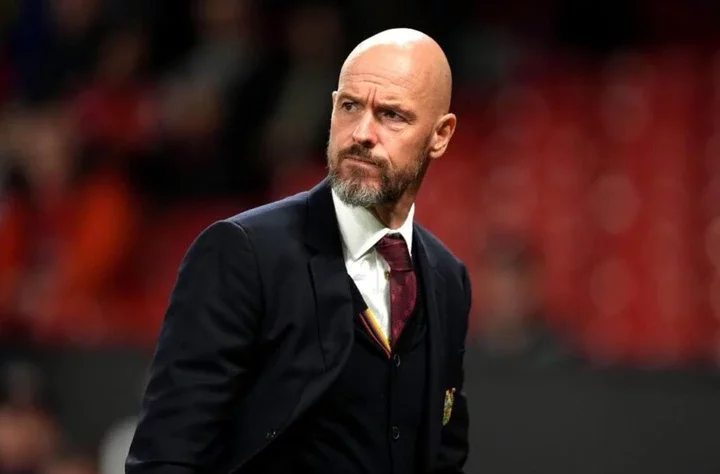
When Erik ten Hag was appointed Manchester United manager in the summer of 2022, fans were filled with optimism. Here was a tactician who had excelled at Ajax, fostering a dynamic brand of football and nurturing young talent. His arrival was meant to herald a new era for United, one defined by cohesion, success, and long-term planning. Yet, by January 2025, the question lingers in the minds of many: Did Erik ten Hag's tenure destroy Manchester United?
This piece is set to critique a combination of massive spending, questionable signings, tactical rigidity, and results that fell far below expectations. Let's explore the factors behind this claim, and whether the argument is valid.
Big Spendings, Little Return
Erik ten Hag was granted huge financial backing during his tenure at Manchester United. Over two years, the Dutchman spent over £400 million on signings. Not only that, some of the existing players at the club had gotten new contracts with higher wages. However, many of these acquisitions failed to justify their price tags.
Antony (£85m): Signed from Ajax, Antony was expected to be a game-changing winger. While he showed flashes of brilliance, his output-limited goals and assists-was not enough to warrant the enormous fee. His inconsistent decision-making and inability to adapt to the physicality of the Premier League became glaring.
Mason Mount (£60m): Expected to bring energy and creativity. Most fans will readily agree with me that Mount's move to Old Trafford was a mistake since his position already had a standout player in the person of Bruno Fernandes and to replace such a figure would be difficult. Mount's performances were not at best compared to when he was at Chelsea, and he often looked out of place in United's midfield.
Rasmus Højlund (£72m): Højlund move from Atalanta was met with optimism amongst fans and sports pundits. While talented, the young striker was raw and inconsistent in front of goal, leading some to question whether such a large investment was wise.
Tactical Rigidity
One of the criticisms leveled at Ten Hag was his insistence on implementing a system that worked at Ajax without fully accounting for the unique challenges of the Premier League. Ten Hag's style was predominantly on ball retention and intricate passing patterns. However, in a league defined by its intensity and transitional play, this often left United vulnerable to counterattacks. Teams like Brighton, Newcastle, and even mid-table clubs exposed United's defensive weaknesses repeatedly.
Failure to Use Key Players
Ten Hag's public fallout with Cristiano Ronaldo during the 2022/23 season caused a lot of fans dissatisfaction and created unnecessary drama. While Ronaldo's departure was perhaps inevitable, the handling of the situation showed Ten Hag's immaturity in managing big personalities. Not to forget, Harry Maguire who was stripped of the captaincy and marginalized, Maguire's confidence became low. While the decision to move him out was arguably reasonable, it showed what poor squad management can do.
Regrettably but I still will discuss it is the rejection of David de Gea, although he has faced criticism for his errors leading to goals and his inability to keep clean sheets. Yet a story of redemption was beginning to occur in his last season at the club when he had over 20 clean sheets in all competitions in the 2022/23 campaign. Instead of a manager to retain such talent and give him more opportunities to prove himself, he was left off without a contract.
Results and Lack of Progress
Manchester United's Premier League performances under Ten Hag were inconsistent at best. After a third-place finish in the 2022/23 season, the team regressed in subsequent campaigns. Heavy defeats to rivals like Liverpool and Manchester City exposed the difference in class. United's inability to sustain momentum in the league ultimately left fans unhappy.
Despite significant investment, United failed to make a meaningful impact in Europe. Early exit in the Champions League and disaster performances in the Premier League underscored the team's inability to compete at the highest level.
Ending United's seven years trophyless drought with the Carabao Cup and FA Cup in 2023 and 2024 respectively offered a brief glimmer of hope, but the lack of other silverware over two years meant that Ten Hag failed to meet the high expectations of the club.
A crucial aspect of Ten Hag's decline was the erosion of team morale. Reports of dressing room unrest, public criticisms of players, and a lack of cohesion on the pitch all made the club's situation even messy. Ten Hag's authoritarian approach, while effective at Ajax, seemed to backfire at United, where managing egos and expectations is a much more delicate task.
Lessons Learned
While it is harsh to lay the blame for all of Manchester United's struggles solely at Ten Hag's feet, his tenure revealed several key lessons: Spending alone cannot solve deep-rooted issues: United's recruitment strategy under Ten Hag was flawed, prioritizing players he knows and has friendship with over those who can suit his tactics and bring out good results.
Ten Hag's unwillingness to adapt his tactics left United exposed against smarter, more dynamic opponents and cultural reset takes more than a single manager, the issues at Manchester United predate Ten Hag, stemming from years of mismanagement at the executive level.
Did Erik ten Hag Destroy Manchester United?
Now to address the question arose in this piece "Did Ten Hag destroy Manchester United?" While Ten Hag's tenure cannot be classified as a complete disaster, it undoubtedly set the club backwards. His big-money signings, tactical rigidity, and inability to create a winning culture have left Manchester United struggling to recover, with fans hoping for miracles. Asides that, the inherent flaws at the club, which are poor recruitment, lack of vision, and executive mismanagement, must also share the blame.
The ultimate verdict may not be that Ten Hag destroyed Manchester United, but rather that he was the wrong man at the wrong time for a club in desperate need of stability, foresight, and genuine leadership.

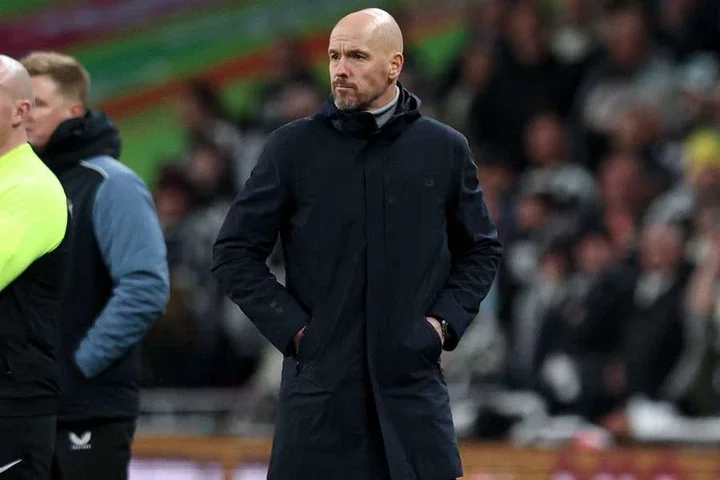
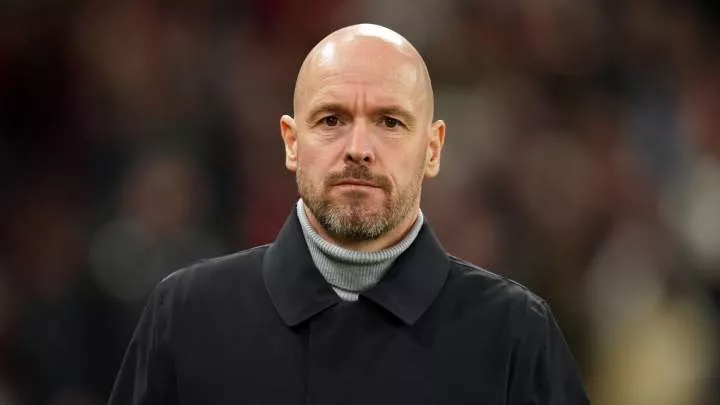
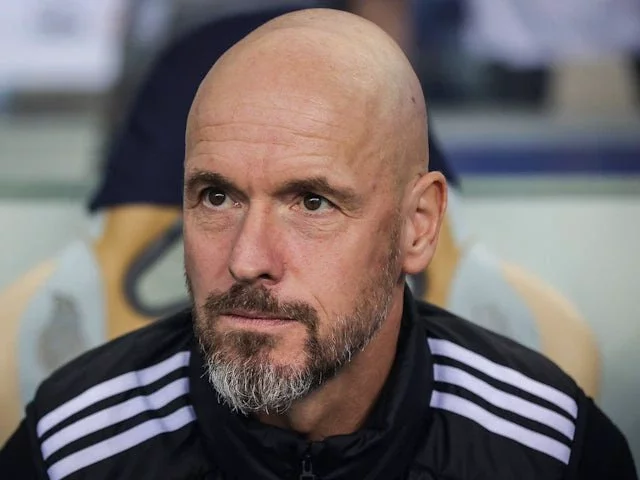
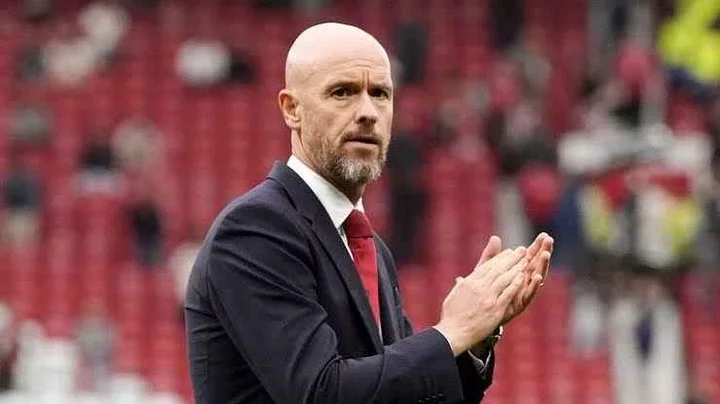
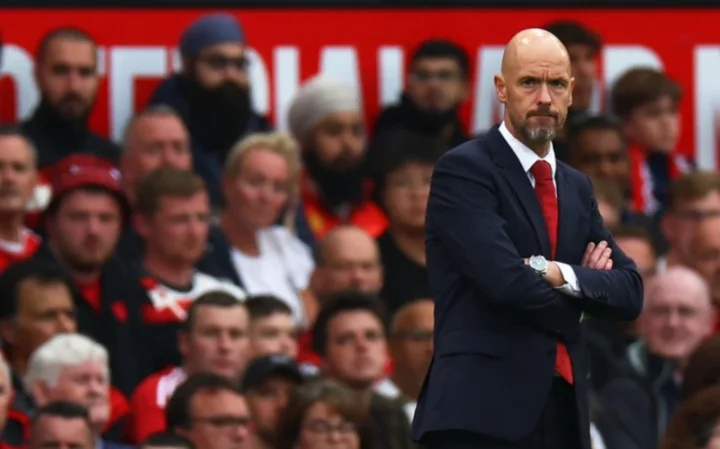
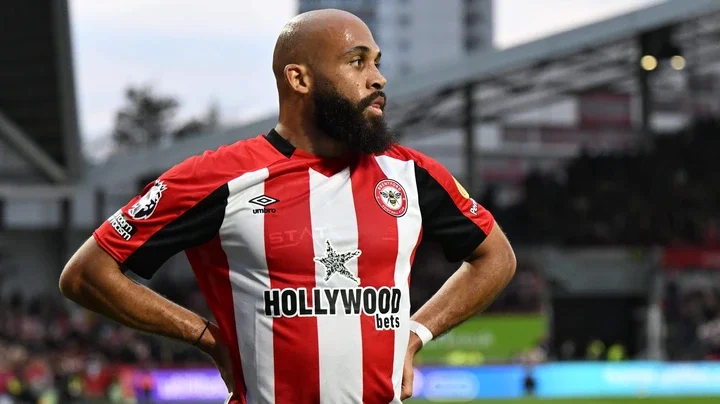



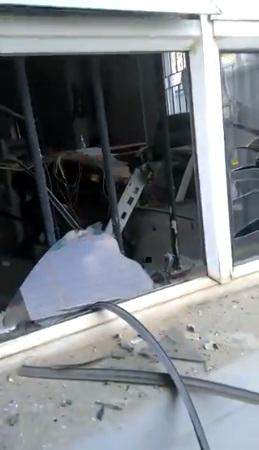


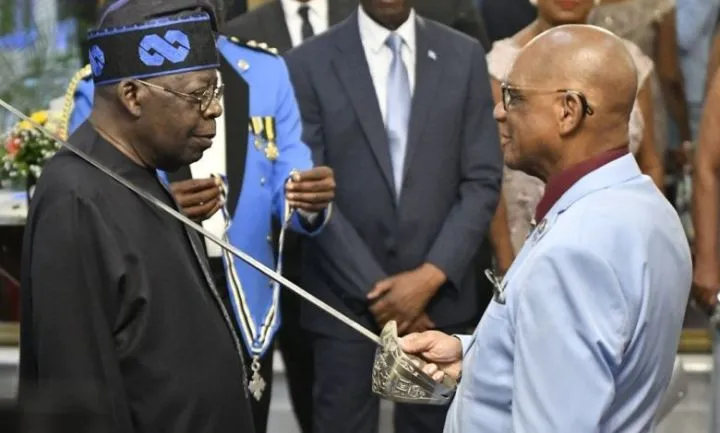


Comments